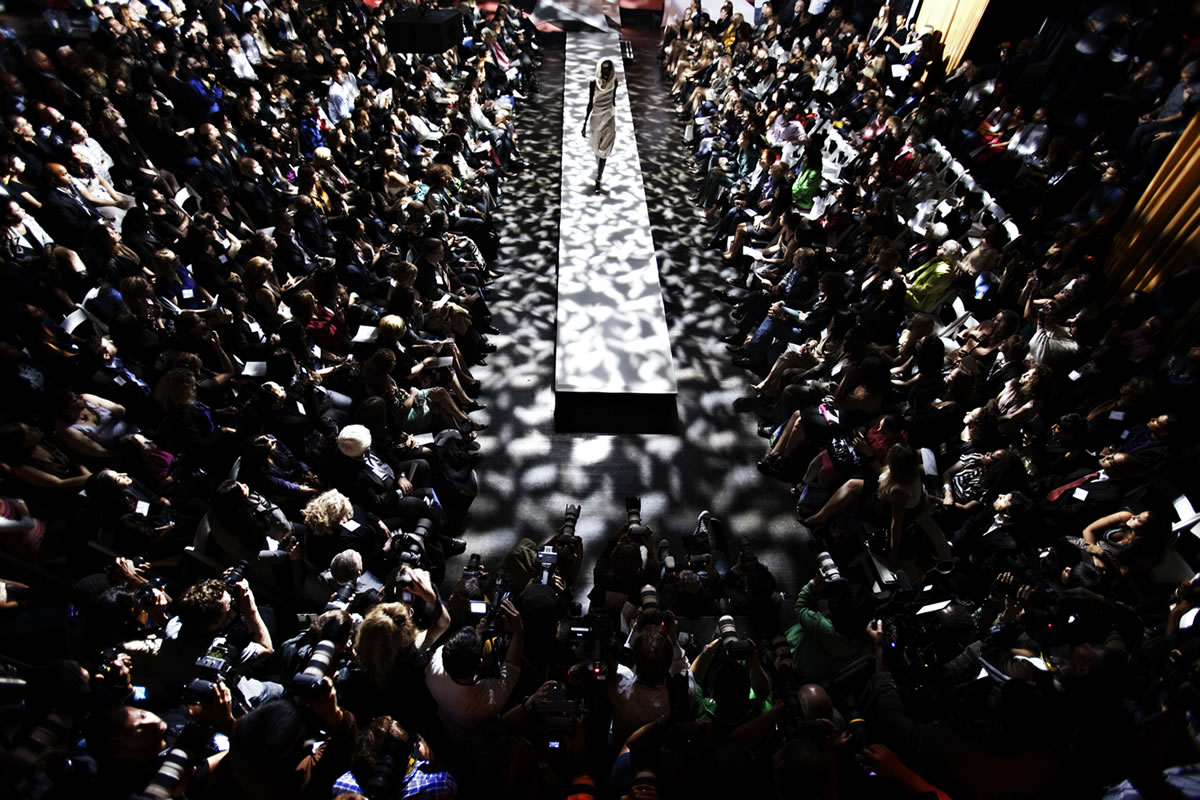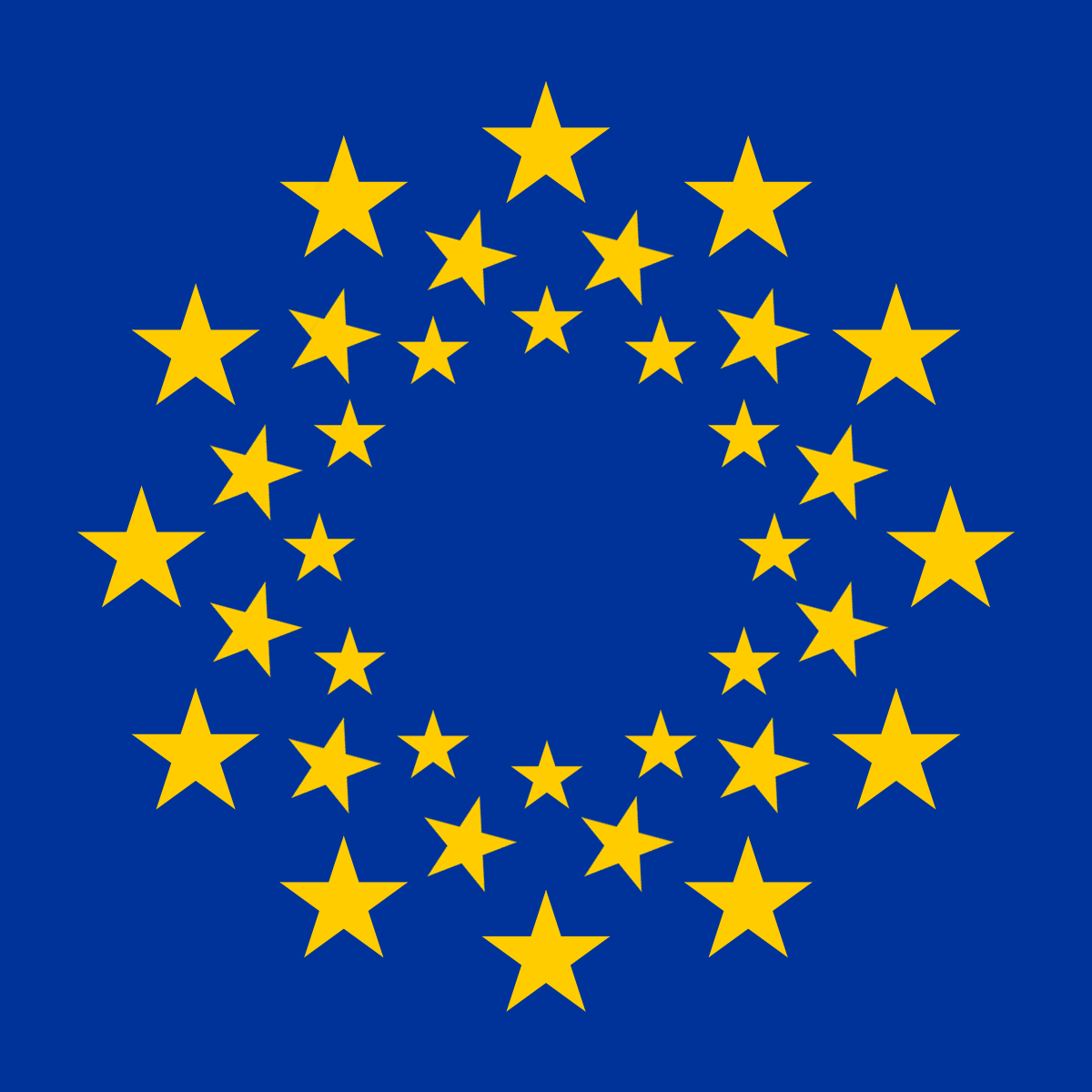About the European Fashion Council
The European Fashion Council (EFC) was officially founded on May 18–19, 2007, in Ancient Plovdiv, Bulgaria. The establishment was a collaborative effort by 11 European countries and held under the honorary patronage of the European Union. The event was graced by H.E. Michael Humphreys of Ireland, who at the time served as the EU Ambassador and Head of the European Commission in Bulgaria.

Photography Filippo Mutani

The globalization of modern European society calls for strong and prestigious institutions across all sectors.
Fashion, to which we are all deeply connected—whether as admirers or creators—is a vital part of European culture and global history. It represents one of the most dynamic and inspiring forms of artistic expression, fostering tolerance, collaboration, and cultural as well as economic exchange.
In 2007, during the 50th anniversary of the European Union, 11 nations joined forces to establish the European Fashion Council (EFC). This representative non-governmental organization was created to support fashion and design as integral aspects of European identity and innovation. Today, the EFC has grown to include 29 member states.
With its visionary Fashion HORIZON 2050 program, the EFC aims not only to showcase the beauty of Europe but also to position fashion as a cornerstone of European and global culture. Alongside education, sports, cinema, theater, music, and the arts, fashion plays a key role in promoting a united Europe and fostering international cooperation.
The cultural and economic significance of fashion and fashion design, in all its diverse forms, is deeply interconnected with other creative arts and sports.
Fashion plays a vital role in fostering innovation and cultural exchange, but its impact extends beyond aesthetics, influencing economies and societal development.
One of its key missions is to support young talents, starting from their educational journey and continuing as they connect with the industry. To this end, the European Fashion Council promotes the Fashion HORIZON 2050 program—a long-term, comprehensive initiative designed to build a solid foundation for cultural and industrial collaboration across Europe.
This program emphasizes the need to invest in both emerging and established fashion designers. By supporting their growth, the initiative contributes to cultural integration, economic development, and strengthened international relations—not only among European member states but also with other continents. Fashion becomes a bridge for shared innovation, economic partnerships, and global unity.
Through Fashion HORIZON 2050, the Council envisions a vibrant and interconnected future, where creativity and economic collaboration elevate Europe’s position on the world stage.
EFC activities presentation 2007-2023
Discover the journey and accomplishments of the European Fashion Council (EFC) from its inception in 2007 to 2023. This comprehensive presentation provides insights into the organization's milestones, initiatives, and contributions to fashion, culture, and economic development across its member states.
Investment Program Fashion HORIZON 2050
Dive into the Investment Program Fashion HORIZON 2050, a visionary initiative by the European Fashion Council (EFC) designed to elevate European fashion as a global cultural and economic force. This document outlines the strategic goals, innovative frameworks, and key investment opportunities aimed at nurturing creativity, supporting emerging designers, and fostering international collaboration.
The European Fashion Council (EFC) has been pivotal in advancing fashion and design as integral parts of European culture and innovation.
In 2010, fashion was formally included in the European Strategy for 2020, highlighting its significance in shaping Europe’s future. Since 2012, fashion has also been recognized as a new cultural dimension under the EU-UNESCO Convention for the Protection and Promotion of Cultural Diversity, emphasizing its role in fostering creativity and global cultural dialogue.
The EFC aligns its efforts with UNESCO’s TVET Strategy (2022–2029), which focuses on equipping individuals with the skills to learn, work, and thrive in a modern economy. By leveraging this innovative framework, the EFC strives to enhance Europe’s visibility on the global stage as a leader in intercultural dialogue and creativity, making fashion a vital medium for progress and connection worldwide.
